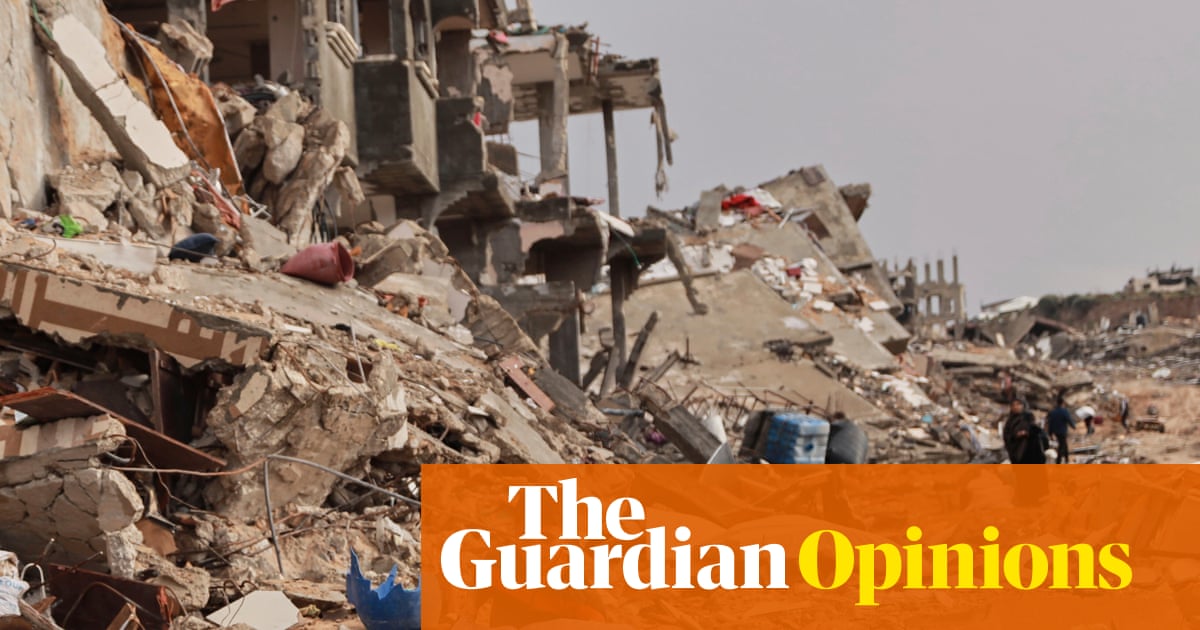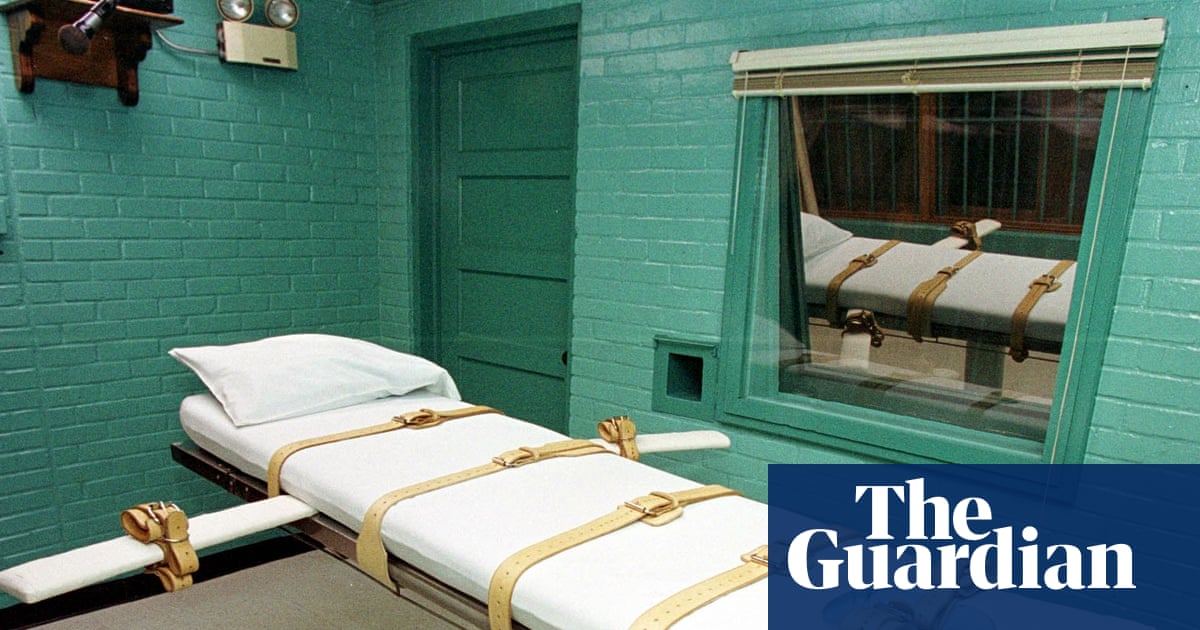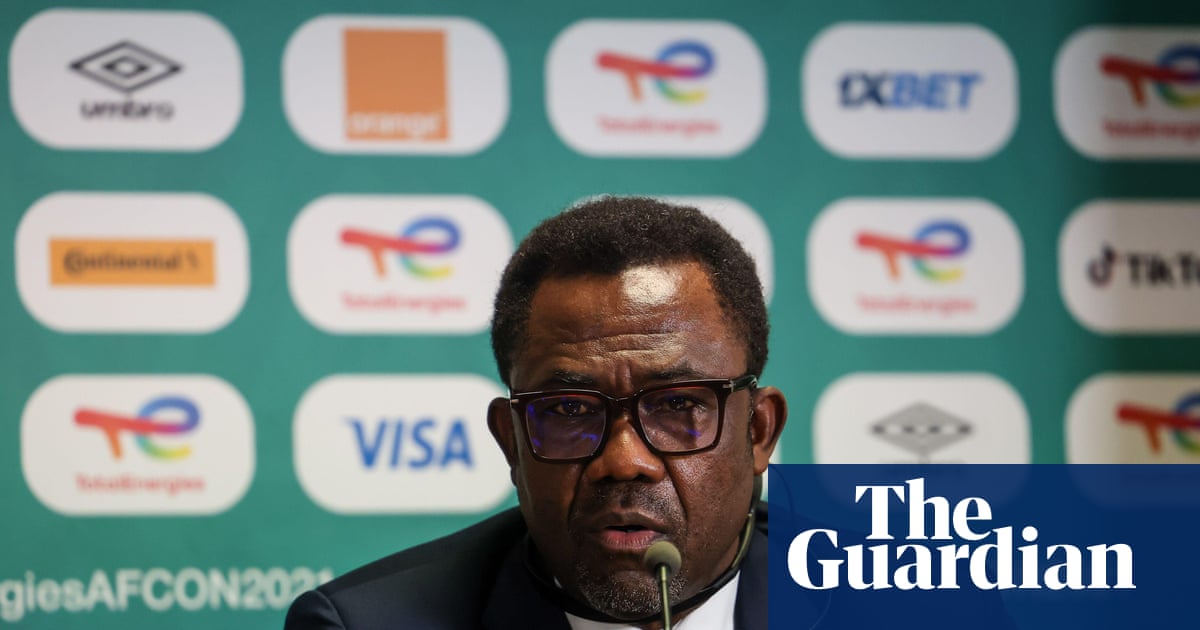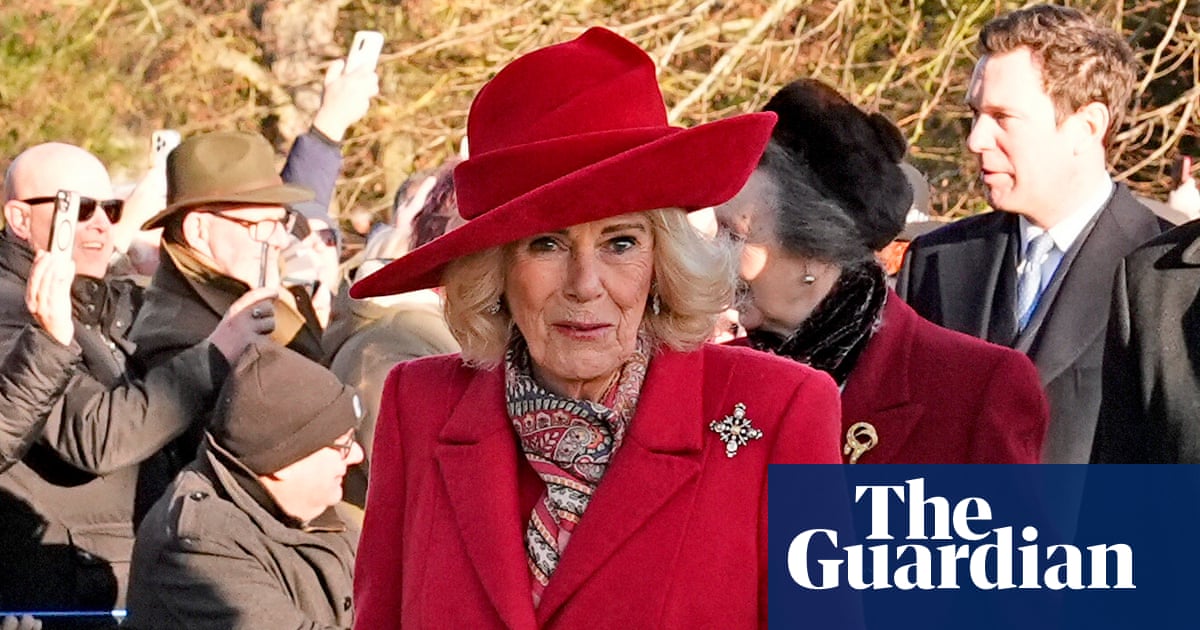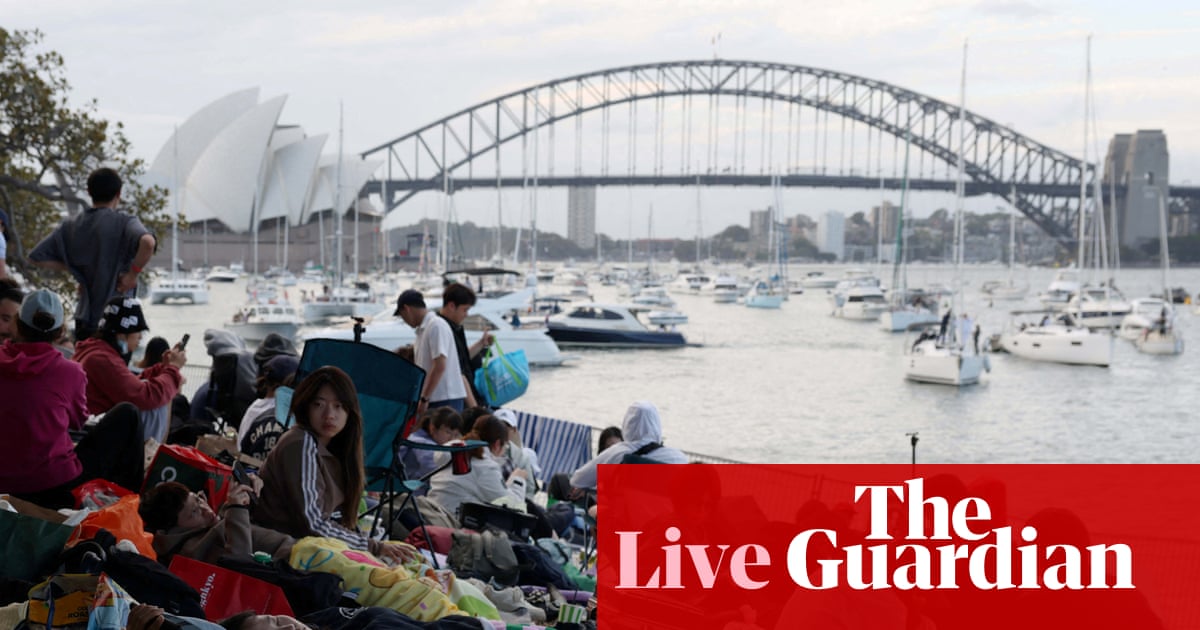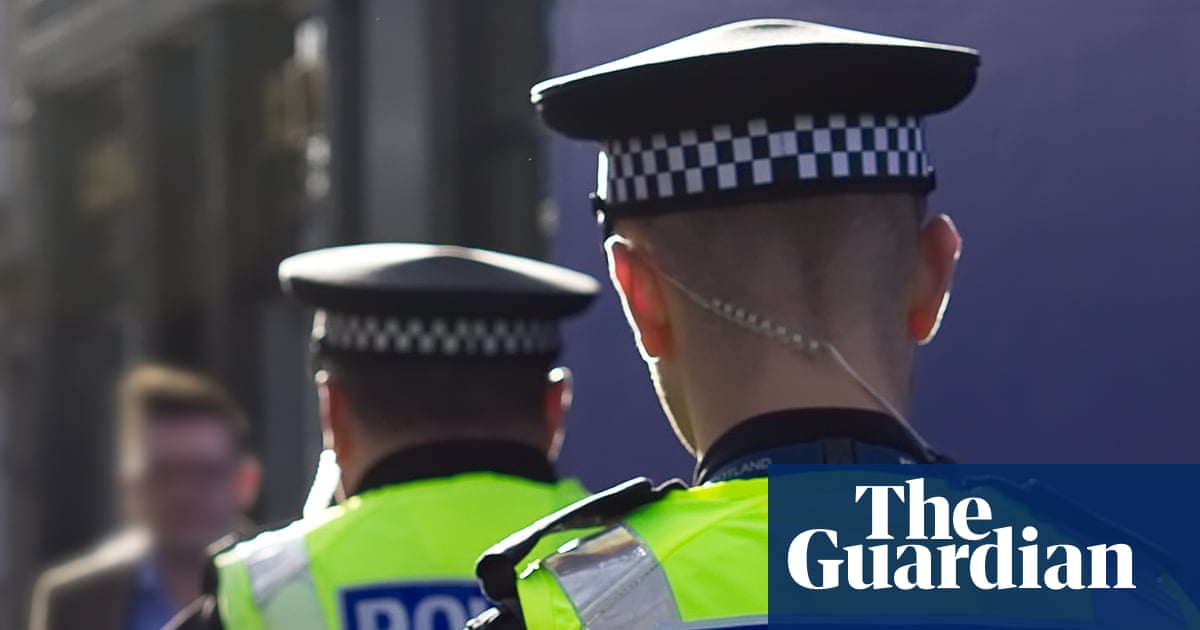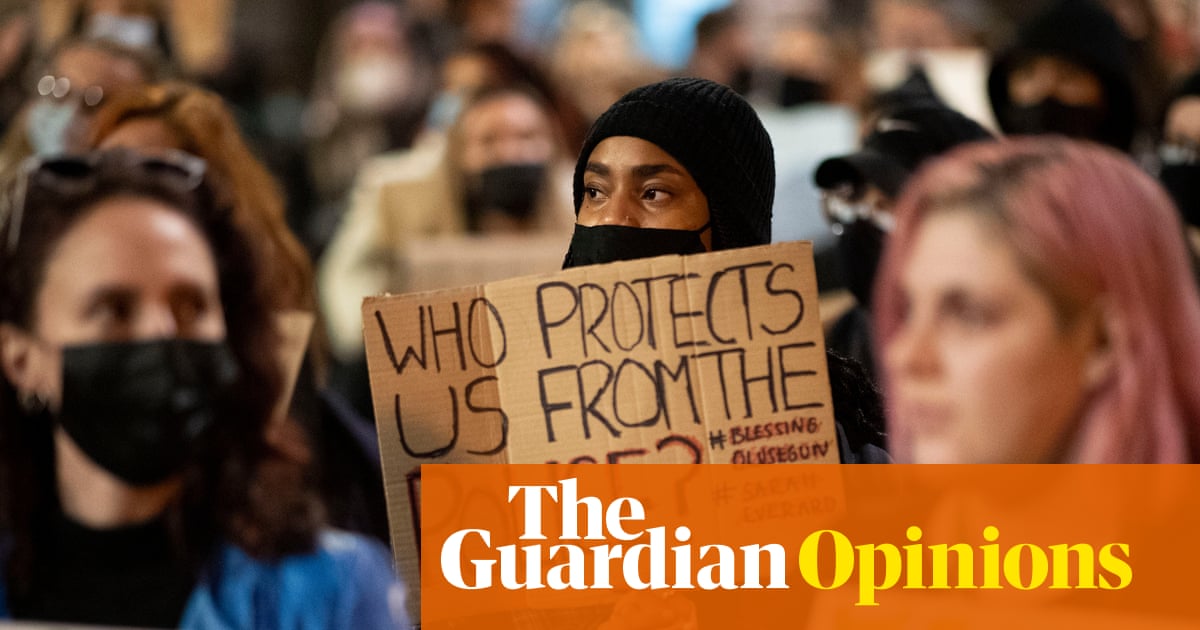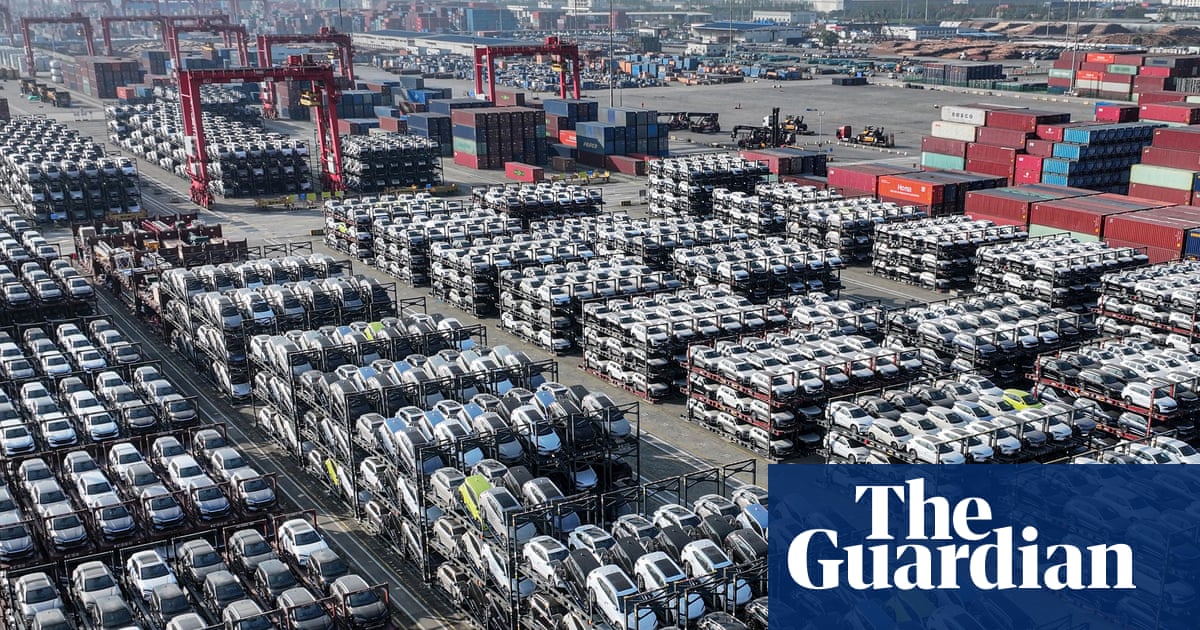Throughout Israel’s two-year war in Gaza, aid officials working in the territory avoided naming Hamas in conversations they suspected might be intercepted, instead referring to the militant Islamist group as the “de facto authority”.
This careful euphemism for Hamas, which violently seized power in 2007, captured an important truth. Though the group was a less obvious presence in the last months of the conflict, in the absence of any alternative, it remained the closest the increasingly devastated territory had to a ruler.
Its administrative officials continued to be key interlocutors for humanitarian organisations. Its armed police units hunted looters, armed gangs, clans who challenged its authority, the more outspoken critics among ordinary Palestinians and militia groups backed by Israel.
This campaign now appears to have become a priority for Hamas – and it requires weapons, which Hamas is supposed to relinquish if the current ceasefire deal reached last week is to harden into anything resembling a durable peace.
For Hamas, there are now new priorities, and they do not involve giving up guns. Senior officials have already made this clear, as have some involved in the tortuous negotiations under way on the second phase of Donald Trump’s 20-point “plan for peace”. Instead, the group has moved fast to assert its authority across the 47% of Gaza to which the population of 2.3 million hungry, weak and traumatised people are confined now that the Israeli military has withdrawn from its previous positions.
In recent days, there have been skirmishes, shootings and a public execution of seven unidentified “traitors and collaborators” in Zeitoun, a ruined neighbourhood to the east of Gaza City. Though the group may not be able to deter enemies, rivals and ordinary criminals through the certainty of punishment, it clearly believes it can do so through spectacular, terrifying armed violence.
This may appal onlookers, but not necessarily all of those whose lives have been blighted by the collapse in rule of law and social order in Gaza during the conflict.
Some undoubtedly oppose the new rough justice. “You can’t correct one mistake with another,” an activist in central Gaza told the BBC. “Executions without fair trial are a crime. May God guide our people.”
But Najla Jundiya, from the central town of Deir al-Balah, said she supported the new Hamas campaign.
“I won’t hide it … I am very worried about the chaos currently happening in Gaza and I strongly encourage the measures taken against thieves and those causing chaos until a responsible government takes over to maintain safety and security,” the 36-year-old told the Guardian.
One reason for the anarchy is that Israel refused to outline any alternative government to Hamas throughout the conflict and has blocked any role there for the Palestinian Authority, which exercises partial authority over parts of the Israeli-occupied West Bank. Despite Israeli efforts to promote armed gangs as a counterweight to Hamas on the ground, the result is a vacuum which Hamas can now fill.
“When you have a complete and total destruction of a society, the ones who can maintain some sort of monopoly of violence will rule … Hamas has been by far the most successful in terms of deploying force and getting violence under control,” said H A Hellyer, an expert at London’s RUSI and the Center for American Progress in Washington.
The importance to Hamas of its current effort to eliminate rivals was underlined by comments made by Trump last week suggesting Hamas had been given a green light to use force to prevent “bad things” happening. This could only have come about if Qatar or another trusted interlocutor had passed on to the US a specific request from Hamas to be allowed to continue its crackdown. Almost simultaneously, however, Trump said: “If [Hamas] don’t disarm, we will disarm them. And it will happen quickly and perhaps violently.” He escalated that threat late on Thursday, saying: “If Hamas continues to kill people in Gaza, which was not the deal, we will have no choice but to go in and kill them.”
Trump’s plan calls for the establishment of a transitional administration staffed by politically unaligned Palestinian technocrats under international oversight. It also specifies that Hamas and other armed factions in Gaza will be excluded from the future governance of Palestinian territories. There is no agreed timeline for any of this. In fact, there is no agreement at all.
The most likely scenario is that Hamas surrenders its minimal remaining stocks of heavier offensive weapons that could target Israel, but refuses to handover the kind of lighter arms that will allow it to crush any opposition to its rule. This falls short of what Trump – and Israel – demand, but may be sufficient.
As for the exclusion from future governance, these recent days are likely to prove decisive. Hamas may well give up any formal role in Gaza, but is very likely to remain the “de facto authority” for the foreseeable future.

 2 months ago
65
2 months ago
65

